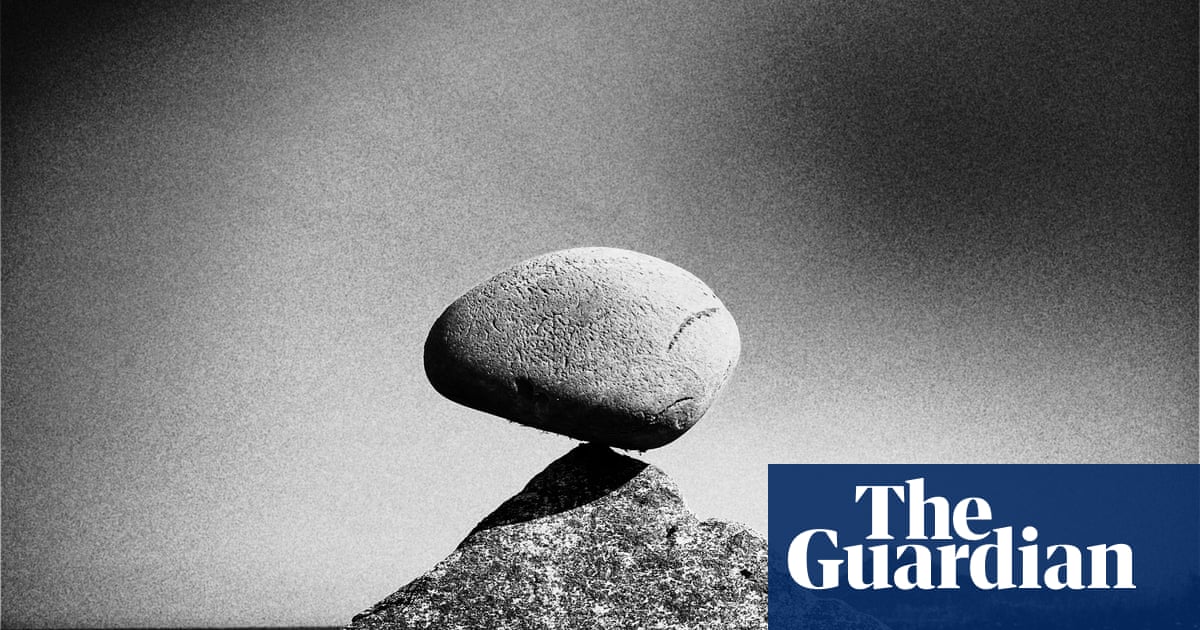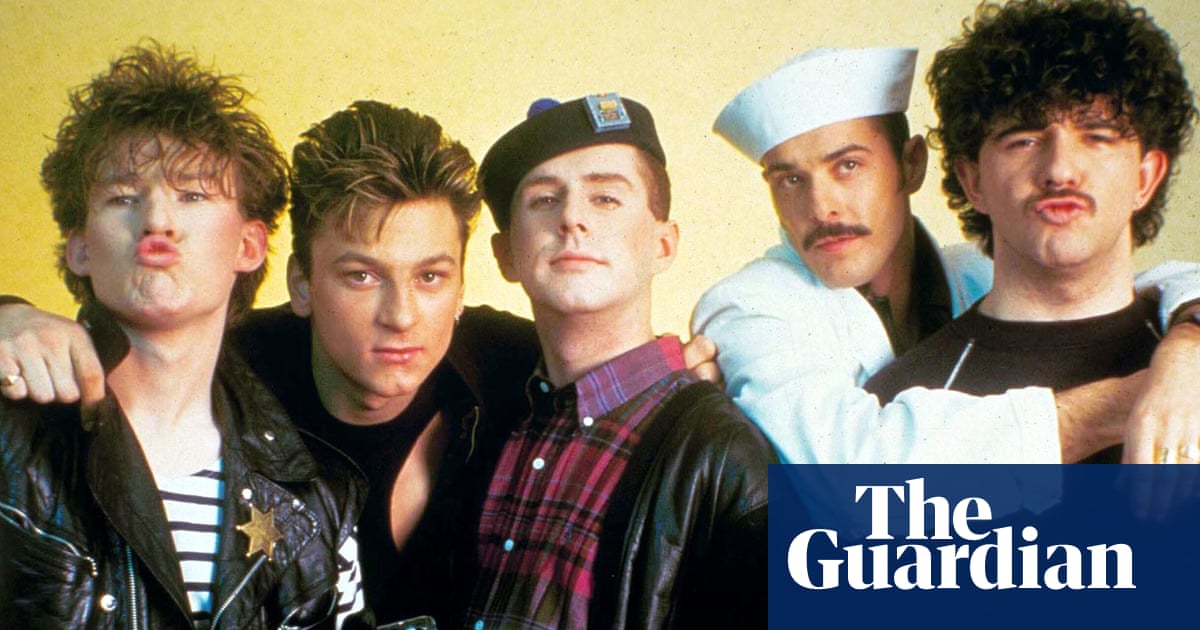‘This is a common question I get asked over the dinner table,” says Kimme Hyrich, a rheumatologist and professor of epidemiology at the University of Manchester. And it’s no wonder – as many as 54% of us are habitual knuckle crackers, regularly making those distinctive popping noises as we manipulate the joints.
“The knuckle joint is a very tight space and there’s a little bit of fluid in it. When people crack their knuckles, they very temporarily enlarge the space,” says Hyrich. “The pressure drops and gas that’s dissolved in that fluid forms bubbles – and it’s the bursting of those bubbles that causes the sound.”
The type of arthritis people tend to worry about is osteoarthritis – the most common form. It’s a painful condition that causes swelling and stiffness in the joints, and becomes more common as we age. “We don’t fully understand the cause,” Hyrich says, “but genetics play a large role. Joint trauma is also a risk factor.”
It’s probably this association with injury that fuels concerns about knuckle-cracking. “People are likely worried they’re damaging the joint,” she says.
But is there any actual harm? According to Hyrich, the evidence says no. “Researchers have looked at people with and without arthritis and asked whether they cracked their knuckles – there’s been no difference. Others have compared people who do and don’t crack their knuckles using X-rays – again, no difference.”
Perhaps the most famous example is a US physician who, in an effort to prove his mother wrong, cracked the knuckles on just one hand every day for over 60 years. When he finally had both hands assessed, there were no signs of arthritis in either.
So what kinds of trauma do increase your risk of osteoarthritis? “Sporting injuries,” Hyrich says, “such as breaking a bone near your joint, or tearing ligaments.” People who already have another kind of arthritis, such as the autoimmune condition rheumatoid arthritis, are also more prone to osteoarthritis.
Her best advice for avoiding it? “Maintain a healthy lifestyle, stay active, and keep to a healthy weight.”

 4 months ago
47
4 months ago
47








 English (US) ·
English (US) ·